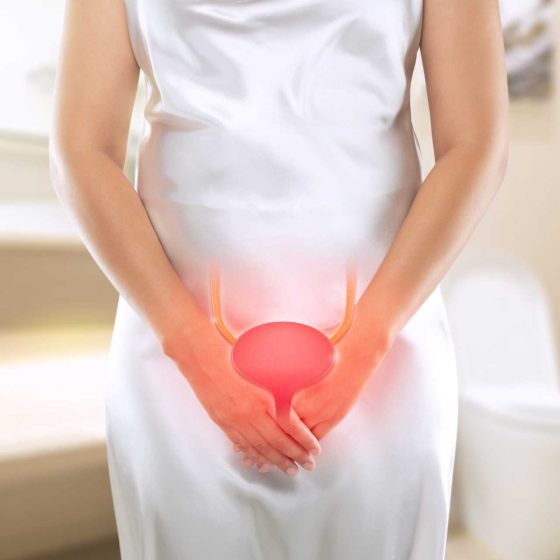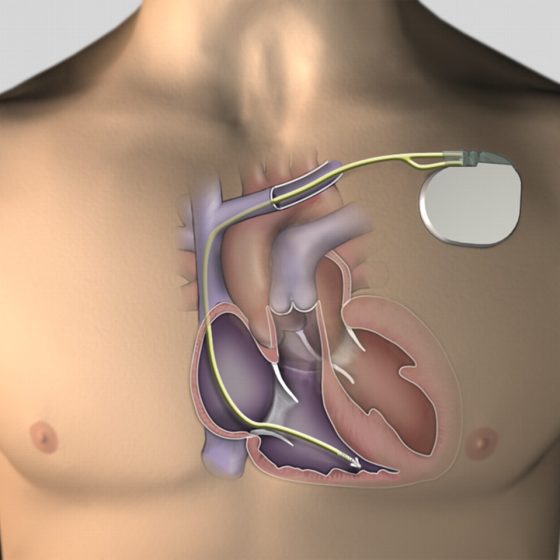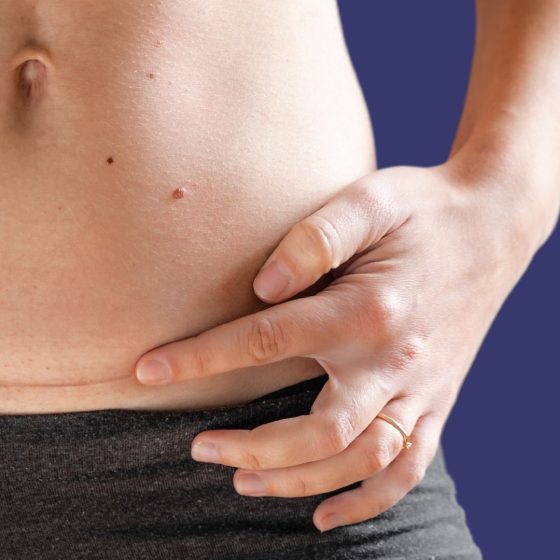Influenza (flu)
What is the flu? Influenza (the flu) is a viral infection affecting your nose, throat and sometimes your lungs. What are the symptoms of the flu? The symptoms of flu may include: fever dry, chesty cough headache tiredness chills aching muscles limb or joint pain diarrhoea or upset stomach sore throat runny or blocked nose sneezing loss of appetite When should I see my doctor? If you are otherwise fit and healthy, there is usually no need to see a doctor if you have flu-like symptoms. But you should see your doctor if you or your child have flu symptoms and: are younger than






